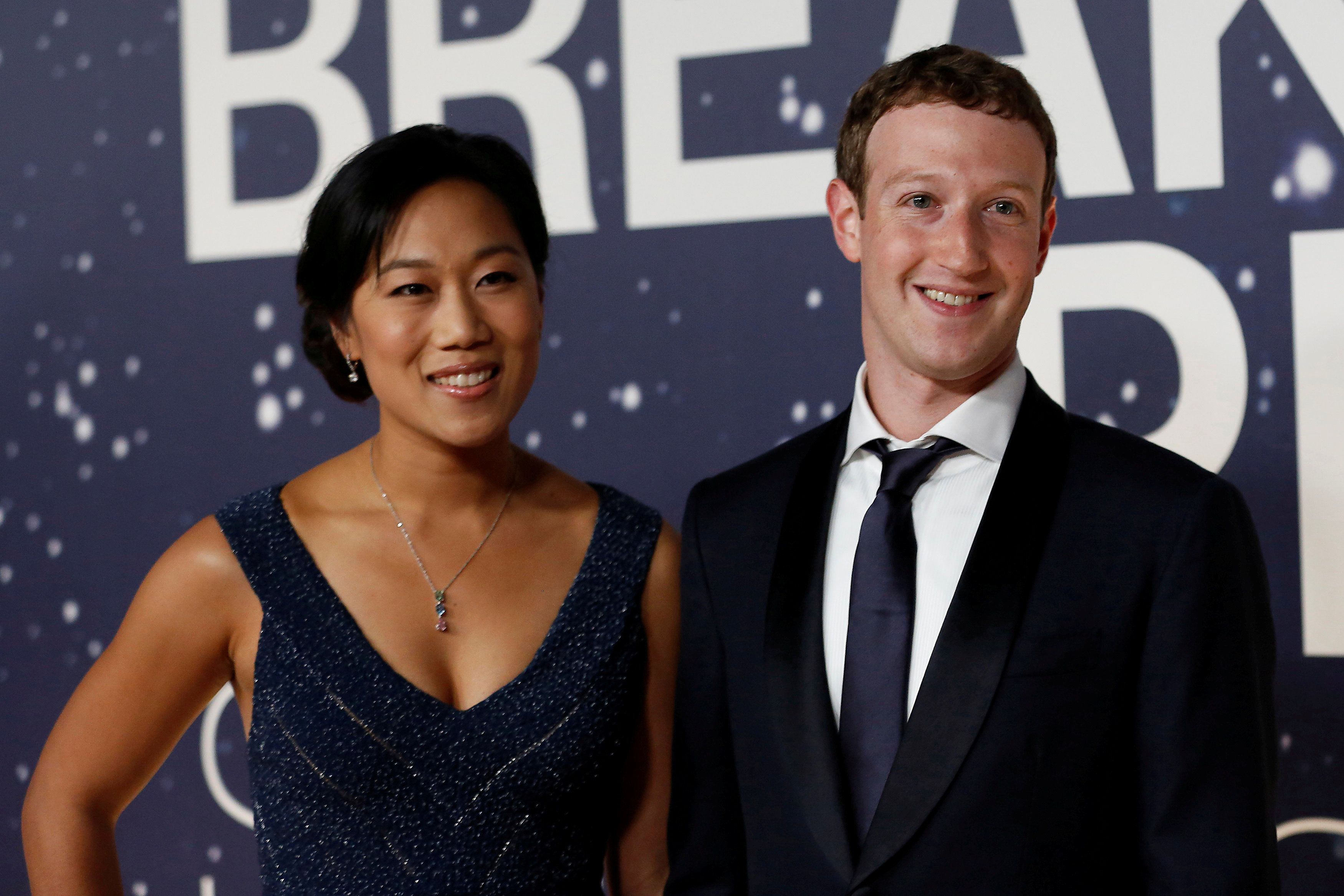Hard Numbers: Zuckerberg helps fund US election, Latin American job losses, Germans for QAnon, cashless WFP
400 million: Facebook CEO Mark Zuckerberg and his wife, Priscilla Chan, have donated a total $400 million to help US state and local governments safely oversee the 2020 election, including funds to cover polling place rentals and personal protective equipment for poll workers. Meanwhile, conservative groups are suing Zuckerberg to block such private funding of elections.
9: It could take Latin America as long as 9 years for employment to return to pre-pandemic levels, according to research conducted by the Inter-American Development Bank. The impact of COVID-19 is widely expected to wipe out decades of progress on poverty reduction across the region.
200,000: Roughly 200,000 Germans are believed to be followers of QAnon, the extreme rightwing US conspiracy theory that claims that that US President Donald Trump is fighting a secret war against a left-wing elite "deep state" of Satan-worshipping pedophiles. It's the largest number of any non-English speaking country, and comes as social media platforms try to crack down on QAnon to curb the online spread of misinformation.
6.8 billion: The World Food Program needs $6.8 billion from its government and non-government donors over the next six months to help avoid a pandemic-induced famine around the world. The UN agency recently won the 2020 Nobel Peace Prize for its work on fighting global hunger.